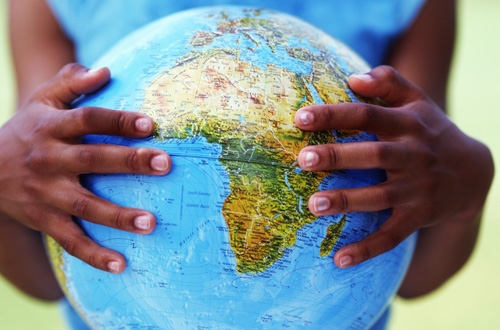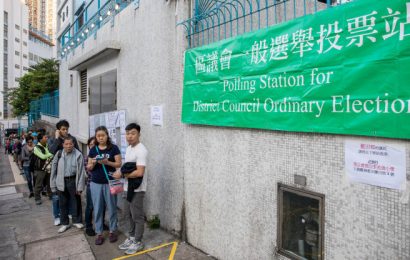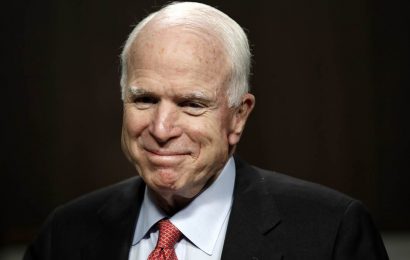Major changes continue to spin this year for the African continent with conflicts surging in Nigeria, South Africa and Sudan; as a result, experts have expressed their concerns over main economical and political situation in the continent.
As the economic growth decreased by 1.5 per cent in the Sub-Saharan region last year, the experts warns over the future changes expected for Africa. Despite the two major economies in the continent facing challenges (the recession in Nigeria and the downfall of the South African economy), the World Bank yet forecasts South African growth to “edge up to a 1.1 percent pace his year.”
On the other hand, the oil fare situation is also concerning, with CNBC analysts being skeptical about the situation in 2017. Countries such as Angola, Chad, Gabon and Nigeria are expected to be seriously impacted by oil prices throughout 2017.
The political unease also contributes to general unrest. The transition of power in Gambia and the disappearance of $11 million from the government’s funds, the current instability in Nigeria, Libya and South Sudan appear to be changing the already tense situation on the continent for the worse.
According to Razia Khan, regional head of economics for Africa at Standard Chartered Bank, “a slowdown in global trade could hurt demand for Africa’s export commodities.”
“It is important for African economies to start trading more among themselves”, Khan concluded.
Experts also talk about “The Trump effect”, as the President’s policy regarding china might as well affect other emerging markets in the world. As stated by the World Bank, uncertainty from the U.S. foreign policy might result in “higher borrowing costs or cut off capital flows to emerging and frontier markets”, directly impacting the African currencies.




